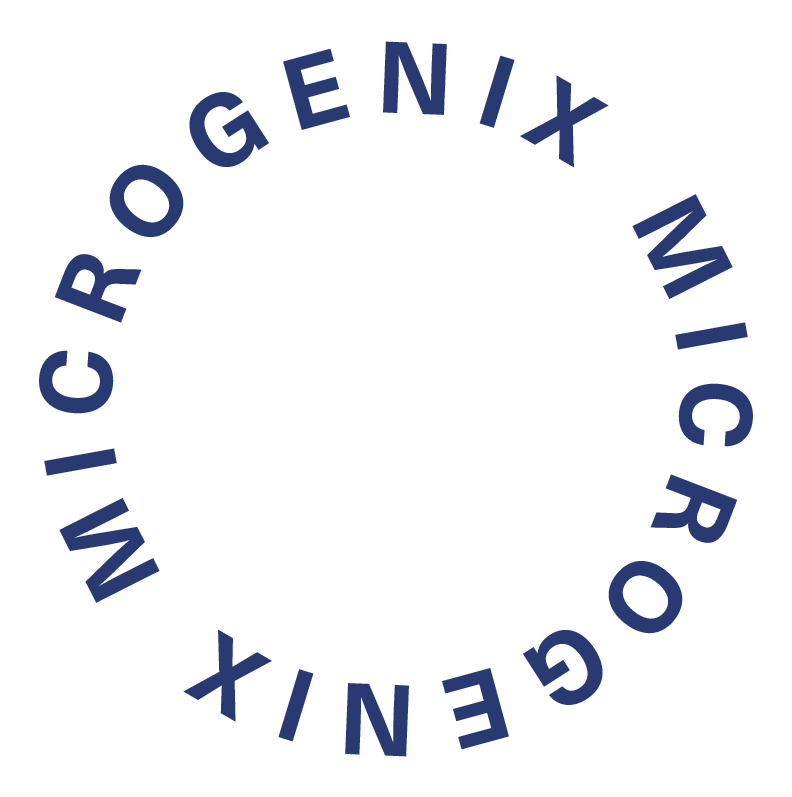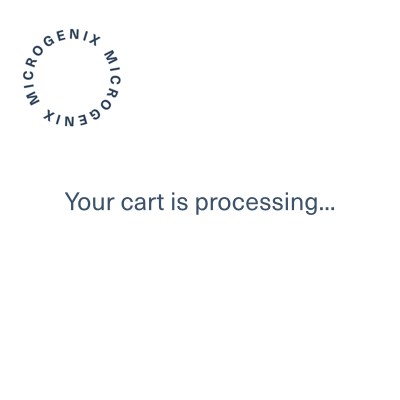Blog
Restructuring the Brain With Psilocybin
‘Complex’ is an understatement when we consider the human brain, and complexity takes no backseat when it comes to psilocybin either.
Scientific interest in psilocybin has taken psychedelic culture by storm, now addressing what might be one of the most mind-bending ideas yet: psilocybin could potentially rewire the human mind.
With more research exploring the capacity of psilocybin, the compound has shown promise in improving connections between different regions of the brain, specifically affiliated with depression. Psilocybin is now being said to work faster than other pharmaceutical medications, with long-lasting benefits and much fewer side effects.
Psilocybin in the Brain
Neurotransmitters are responsible for relaying information between brain cells. An imbalance in neurotransmitters can result in issues such as anxiety, depression, migraines, chronic pain, and more. Psilocybin in the past has been said to mimic serotonin in the brain, a powerful neurotransmitter responsible for feelings of jubilation and love. Over recent years, the effects of psilocybin have fueled professionals to adjust their angles in attempts to understand the full capabilities of psilocybin, with the hope to propel mental-health treatment forward in a way we never imagined.
When psilocybin is ingested, the human gut converts it into another chemical called psilocin which then binds to the 2A Serotonin Receptors. Within the activation of these important receptors, increased connectivity between different regions of the brain begin to take place. As these regions start to synchronize, new areas of the brain can begin to communicate – potentially allotting for deeper insight, ego dissolution and notable changes in old thought patterns. This powerful synchronization process can give us a clearer understanding as to why psilocybin has been so successful in the research of psychiatric conditions and more.
What we know about mental health disorders, and addiction alike, is that negative thought patterns play a major role in both the existence and struggle to be treated. Increased negative thoughts and decreased positive thoughts are extremely prominent in addiction and mental health disorders, often enhanced by an overstimulated amygdala that is highly reactive to negative emotional stimuli. The use of psychedelics have been shown to weaken the process of negative stimuli, in turn increasing overall positive mood in humans.
Success So Far
The “Rewire” theory comes as intense but less than surprising, as we acknowledge the unmissable changes taking place in the brain when psilocybin is involved. In comparison to other medications commonly used to combat the same disorders listed above, psilocybin shows substantial promise as an alternative treatment with potentially more beneficial outcomes.
The therapeutic capabilities of psilocybin have been observed by professionals in a range of different contexts. Scientists have looked at patients with cancer-related distress, patients suffering from addiction, and patients with treatment-resistant depression— being only a few of the eye opening studies involved with psychedelic success by means of psychiatric treatment.
In said cancer patients, profound results were delivered at the 6 month follow-up mark with approximately 80% of patients exhibiting clinically significant reductions in both anxiety and depression as a result of psilocybin treatment.
In patients with treatment-resistant depression, each individual showed reduced symptoms of depression at the 1 week mark, with the majority showing sustained severity reduction for 3 months post-treatment.
Although addiction trials with psilocybin are limited, significant reductions have been reported in both smokers and individuals with alcohol dependence after being administered psilocybin alongside therapy.
To simplify, ‘serotonin’ is a key word when we talk about psilocybin treatment. The reason for this is when we think about the hormone that allows us to do things like be happy, sleep properly, learn effectively, etc., we want it to work properly. Because mental illnesses such as anxiety, depression, and substance addiction cause serotonin to deplete, we are often prescribed medication to help get things back in motion. Although SSRIs have been proven effective in some nature, it can take weeks to reach maximum effect, if at all. As scientists can see changes in the brain in as little as 30 minutes with psilocybin, the all-natural treatment route has shown ample reason to be further observed.
Closure
From what we already know about consuming psychedelics, a disconnect in the brain is just as prominent as the connectivity we speak of. This fascinating disconnect may be the culprit for the fast-acting therapeutic effect that benefits so many people. The real disconnect between our usual auditory, visual, and sense-of-self perception boundaries is where that elevated consciousness can occur. When you read between the lines of these trials, we can figure it is not the psilocybin alone that rewires the brain, but the mystical experiences we perceive that allow the mind to wander and communicate in languages we did not know it could. As we allow these abnormal changes in perception to occur, our patterns and usual functions become disrupted – allowing us to become more flexible in our thinking.
So, can psilocybin rewire the brain? Depending on your version of that statement, there is promising evidence to show that it just might. Psychedelics have already been named as a “breakthrough medicine” by the U.S. Food and Drug Administration, and us Advocates couldn’t agree more. Although research has moved along steadily this year, psychedelics in terms of psychiatric treatment still stand in preliminary stages. Our current progressions are above and beyond where they were just a few years ago. Therefore, the future remains optimistic for patients and professionals alike as psychedelic advancement continues to flourish.
Yours,
Olive




